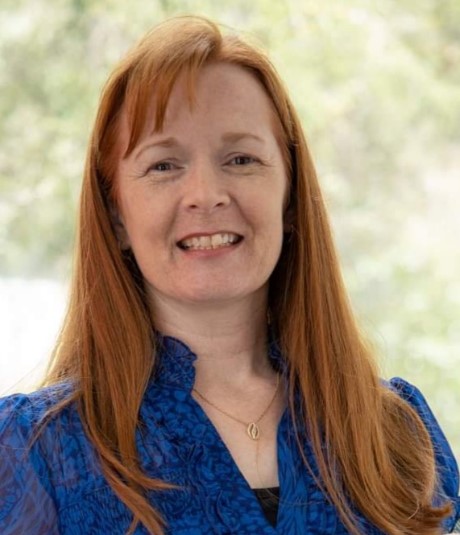Dr. Michelle Ronksley-Pavia
The Use of Generative Artificial Intelligence (GenAI) to support Neurodivergent Individuals
The rapid emergence of generative AI (GenAI) is transforming how we understand and support cognitive diversity. My research with twice-exceptional and multi-exceptional individuals—people who are gifted and also have disability—reveals intriguing intersections between these new technologies and neurodivergent minds. Drawing from both research and case studies, this presentation explores how GenAI tools are uniquely positioned to address the often-contradictory requirements of twice-/multi-exceptional minds. This exploration aims to advance our understanding of how these tools can be used and perhaps improved for neurodivergent individuals. Dr Ronksley-Pavia will share examples where these technologies have been leveraged to support neurodivergent individuals and develop learning opportunities that engage creativity and problem solving. The session will consider practical applications as well as broader implications for how society might better recognise and support cognitive exceptionality. Concluding with a provocation about how communities that understand intellectual diversity may shape GenAI tools to better serve multi-exceptional learners.
Dr Michelle Ronksley-Pavia
Dr Michelle Ronksley-Pavia is a Senior Lecturer in Special Education and Inclusive Education at Griffith University, Australia, where she directs the Graduate Certificate in Special Education program. Dr Ronksley-Pavia is an internationally recognised award-winning researcher working in the areas of gifted education, twice-exceptionality (gifted students with disability), GenAI and education, inclusive education, special education, neurodiversity, and initial teacher education. Her research focuses on understanding applications of AI in education contexts, disability, and inclusive educational practices and gifted and talented educational practices and provisions, including the complex intersectionalities for twice-exceptional and multi-exceptional learners.
Dr Ronksley-Pavia has secured Queensland Department of Education Horizon grant funding to explore the use of GenAI by teachers in supporting the diverse learning needs of neurodiverse students. In her most recent grant success, as recipient of the prestigious American Psychological Foundation Esther Katz Rosen Fund Grant Dr Ronksley-Pavia became the first Australian and first Griffith University Researcher to receive this exceptional grant, her project aims to explore the roles GenAI may play in gifted education programming for gifted adolescents.
Dr Ronksley-Pavia has received numerous prestigious awards for her work, including the 2020-2024 Nurturing Talents Recognition Award from the Asia-Pacific Federation on Giftedness (APFG). She has also been awarded the ‘Best Research Paper’ international award from the K-12 Education Administration, Ministry of Education (Republic of China) in recognition of her research. She is an Australian Delegate to the World Council for Gifted and Talented Children (WCGTC), and a representative on the WCGTC’s Teacher-Education-Committee, co-authoring the Council’s Position Statement on Teacher Education and the WCGTC’s inaugural Global Principles for Professional Learning in Gifted Education. She is also the National Correspondent for Australia on the European Council for High Ability (ECHA). Dr Ronksley-Pavia's expertise as a leader in the field of twice-exceptional research has been recognised by the Bridges 2e Center for Research and Professional Development in the USA. Dr Ronksley-Pavia is an editorial board member of the Journal of Gifted Education and Creativity. As an international leading expert on disability, giftedness and twice-exceptionality, Dr Ronksley-Pavia has published widely on a range of important topics including differentiation and giftedness, stigma and disability, bullying and disability, intersectionality of trauma and disability, prevalence of twice-exceptionality, special education, and contemporary issues in initial teacher education.
